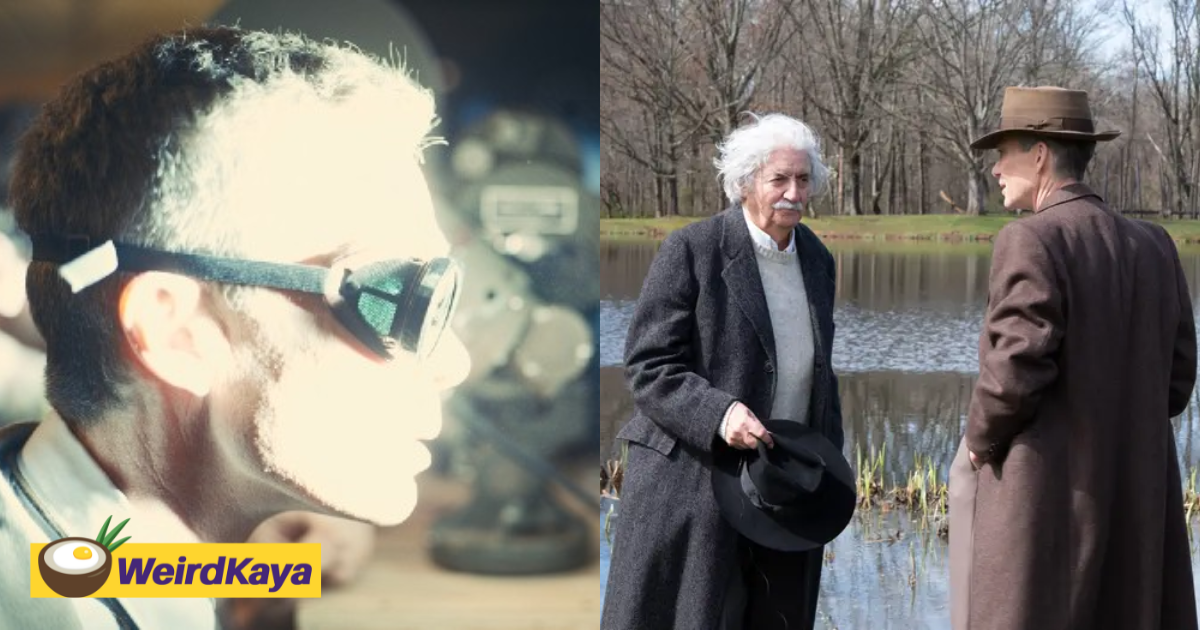Christopher Nolan’s latest film, ‘Oppenheimer’ was released weeks ago and it has since recorded massive success at cinemas within and outside of Malaysia.
Despite being loaded with tons of information about history and science, Nolan’s skillful storytelling manages to keep the plot going at a reasonable pace while keeping the tension high, making it a genuinely mesmerizing watch.
After watching the film for myself, I found myself deep in thought about certain themes being presented in the movie so I’ve decided to share some of it as follows:
Who is J.Robert Oppenheimer?
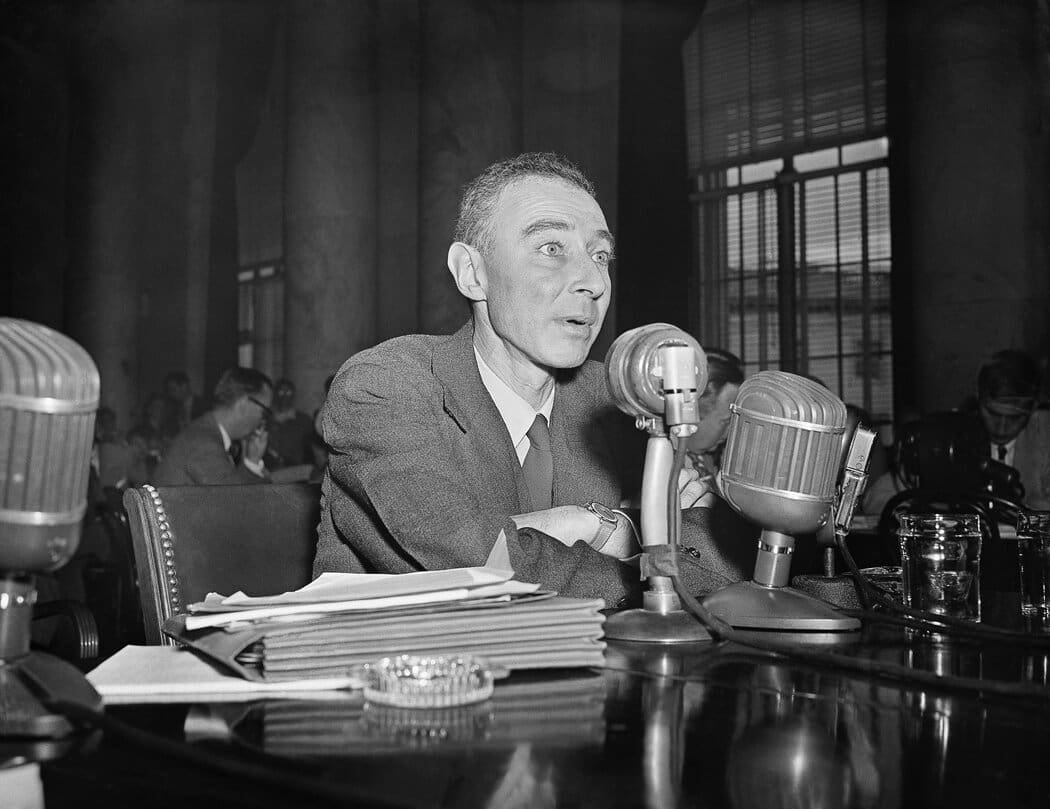
For those of you who are history or movie buffs, you would know that Robert Oppenheimer, the film’s protagonist, is often called the “Father of the Atomic Bomb”.
He was originally a theoretical physicist but during World War II, he was invited to lead the Manhattan Project, which led to the invention of the atomic bomb in 1942.
They succeeded in inventing the bomb and detonated it in a nuclear test named “Trinity”, creating the first-ever mushroom cloud.
The creation of the atomic bomb was undoubtedly one of the most significant events in human history. While it didn’t change our lifestyle like the Internet did, it definitely held humanity’s fate in its hands. As what Albert Einstein once said:
I know not with what weapons World War III will be fought, but World War IV will be fought with sticks and stones.

Speaking of Einstein, he was also involved in all this, where he and Oppenheimer played a part in setting the stage for future nuclear weapons, which could potentially wipe out all human civilization.
Yet, some scholars believe that the existence of nuclear weapons actually deterred large-scale wars, as any party involved would face total annihilation. This has resulted in a twisted kind of “peace” that keeps the threat of worldwide destruction simmering underneath.
Little Boy and Fat Man
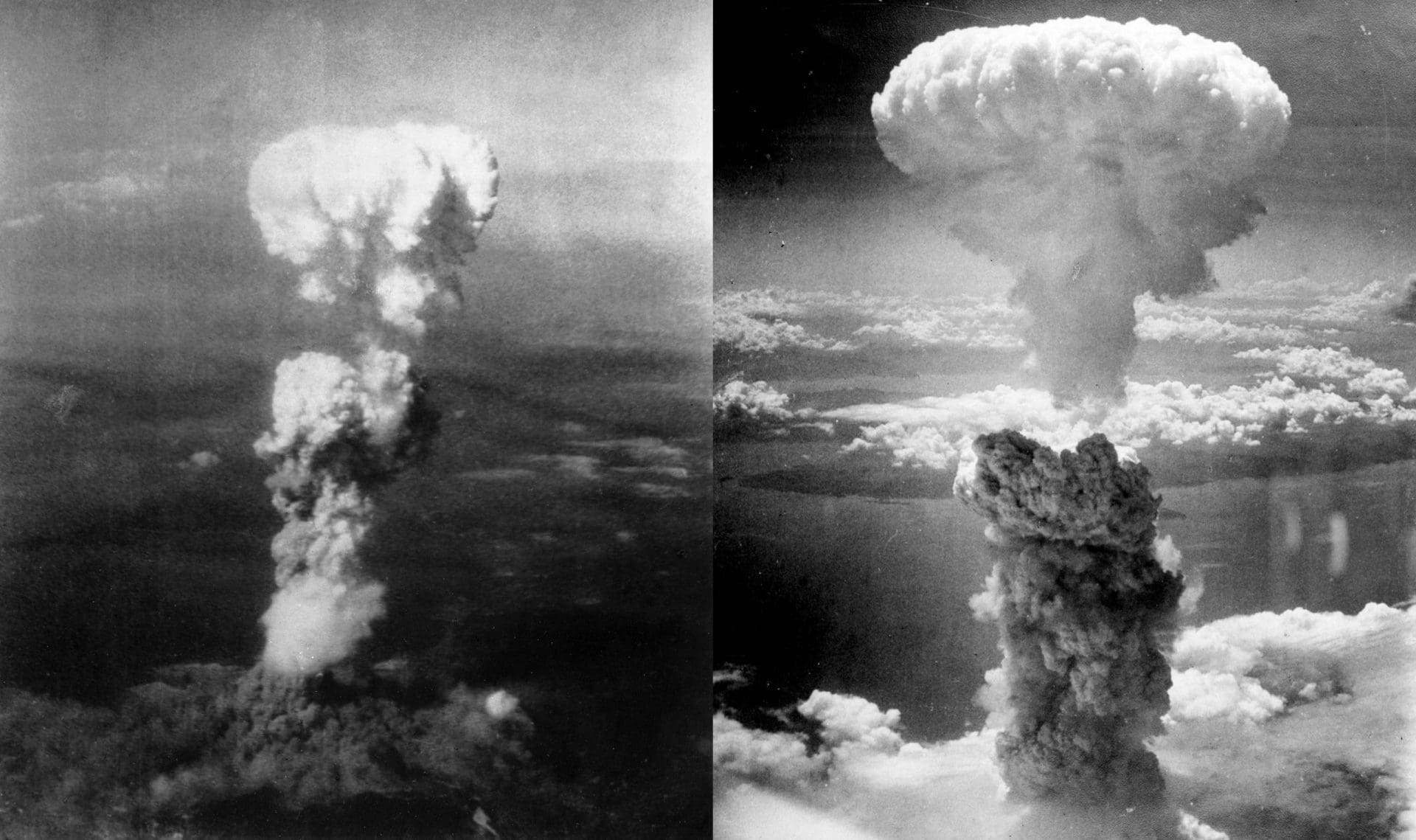
The only two atomic bombs that were used in warfare were the ‘Little Boy’ and ‘Fat Man’, which were dropped on Hiroshima and Nagasaki respectively during World War II.
As soon as the bombs were dropped, it subsequently killed somewhere between 129,000 and 226,000 people.

The US dropped ‘Little’ Boy on Hiroshima on August 6 and detonated ‘Fat Man’ three days later when the Japanese emperor refused to surrender unconditionally. Faced with staggering human loss, the Japanese finally waved the white flag of surrender.
This caused much distress for Oppenheimer, where he is shown in the film to be greatly remorseful for the devastation caused by his creation and spent his life campaigning for international control of nuclear weapons.
Which then leads to this question: were the bombs really necessary?
Japan: ‘Better to break than bend’
By the end of World War II, Japan was the only Axis power left after Germany surrendered and they faced constant attacks from the Soviet Union and the US.
However, it was widely recognized at the time that the entire Japanese population was prepared to fight to the death. Thus, making Japan to surrender and limiting their influence in Asia wasn’t going to be a walk in the park.
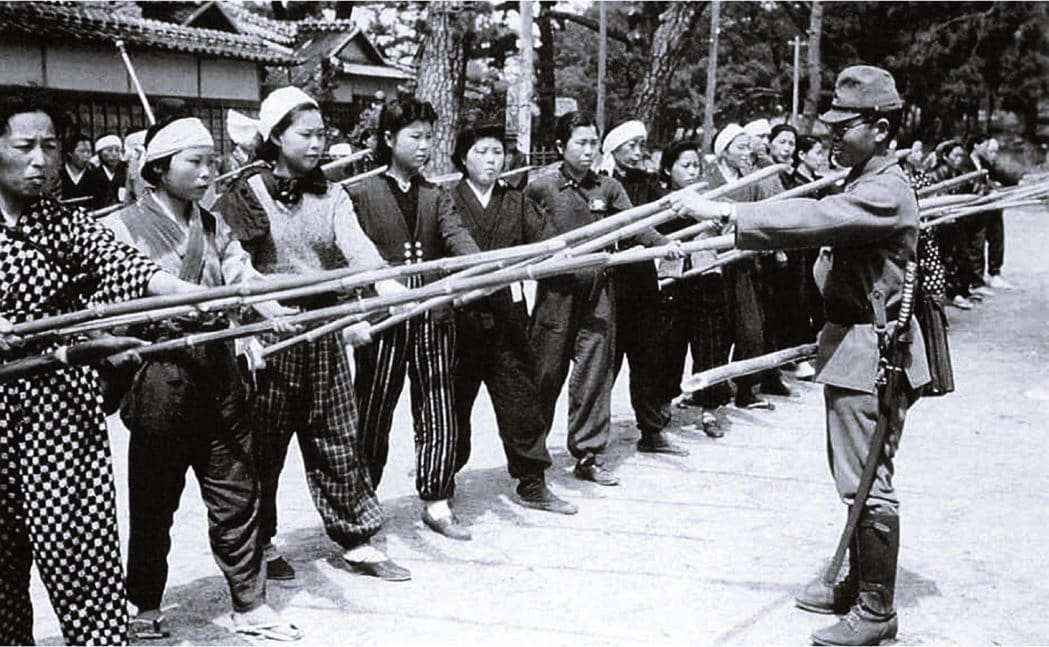
According to statistics, the US lost 50,000 troops just to take the southern Japanese island of Okinawa. The US knew that attempting to conquer mainland Japan would certainly cause even greater casualties.
So when the atomic bomb became a viable option, it was seen as an optimal way to reduce their losses.
Location of the bombing
Some argue that the bombs could have been dropped on a deserted island near Japan as the sight of their destructive power could have been enough to shock the country into surrendering.
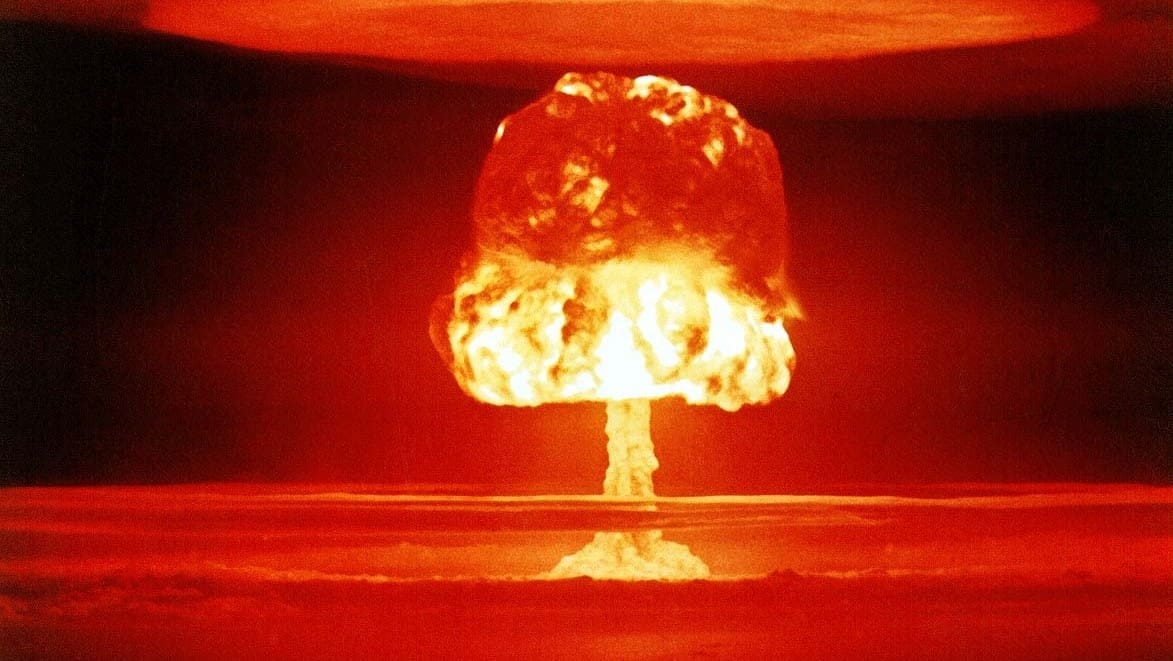
Alternatively, they could have chosen a remote Japanese military base, far from the regular folks to minimize civilian casualties while achieving their goal to intimidate the government.
On the flip side of the argument, some said that Japan still refused to surrender even after the first atomic bomb was dropped on Hiroshima. As such, another one was necessary to further weaken their will to resist.
Machiavellianism?
Justifying the dropping of the nuclear bomb by its successful result in driving Japan to surrender falls under the philosophy of Machiavellianism, where it’s based on the belief that a positive outcome can validate the methods used to achieve it.

Under this principle, it is argued that even though the act of dropping the atomic bomb was harsh, it brought World War II to a close and stopped more deaths from happening.
However, critics have voiced concern that such thinking could become a dangerous precedent, pushing nations to go to any lengths, regardless of ethical considerations, just to further their own agendas. It’s also feared that this could foster a world where self-interest overrules humanity and compassion.
Conclusion
Towards the end of the film, Oppenheimer comes under intense questioning about whether the creation of weapons of mass destruction was truly “essential,” and whether the development of the hydrogen bomb and more destructive weapons should be prevented or at least limited.
In light of the past horrors that mankind has witnessed through Hiroshima and Nagasaki, it’s important to ensure that such questions continue to be asked to ensure that it never happens again.
As the oft-quoted saying goes, “Those who fail to learn from history will be doomed to repeat it.”
What are your thoughts on ‘Oppenheimer’ and the nuclear weapons debate? Share with us in the comments!


